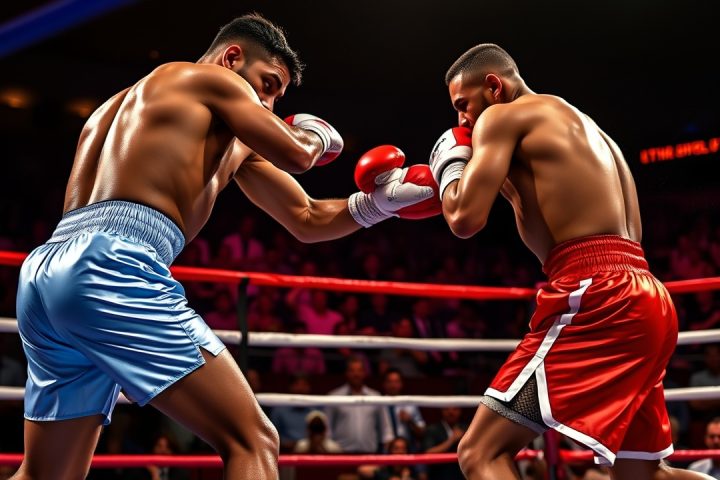The Safety Predicament in Japanese Boxing
The Japanese boxing community is grappling with a serious safety predicament as news regarding Yamato Hata remains elusive, nearly six weeks following the tragic events of August 2, known as the ‘Korakuen Hall Catastrophe’. This fateful boxing event has already led to the untimely deaths of two fighters—Shigetoshi Kotari and Hiromasa Urakawa—while Hata’s status continues to be a source of deep concern for fans and the sports world alike.
Hata’s Condition and Community Response
Reports have emerged from World Boxing News indicating Hata’s hospitalization post-fight, with insider information suggesting that he has been in a coma. The urgency of his situation raises the haunting possibility that if he does not recover, it would result in an unprecedented third fatality connected to a single professional boxing event in modern history. Speculation surrounding Hata’s condition has intensified, as commentary on his Instagram suggests lament and condolences, fueling fears about his well-being.
The grim narrative began when 28-year-old Kotari collapsed after the fight and succumbed to a brain hematoma just days later. Earlier on the same card, Urakawa lost his life due to injuries from a separate match, sending shockwaves throughout Japan and reverberating globally within the boxing community.
Currently, Hata’s circumstances remain shrouded in uncertainty after an unsettling silence on his social media accounts, starkly contrasting with his previous active online presence. Efforts to elicit a comment from Dynamic Glove, the promoters involved in the event, have gone unanswered, heightening fears and speculation regarding Hata’s fate.
Trends in Boxing Fatalities
This tragic incident is not an isolated occurrence, as Japanese boxing has seen a disheartening trend of fatalities in recent years. Earlier in 2023, fighters Kazuki Anaguchi and Kanamu Sakama also lost their lives following matches on undercards featuring boxing sensation Naoya Inoue. Moreover, Gin Shigeoka was recently hospitalized due to significant head injuries. Observers have noted that the frequency of life-threatening incidents in Japan is strikingly higher than in other parts of the boxing world, particularly linked to the prevalence of lower weight classes.
Calls for Reform
In response to rising concerns, the Japan Boxing Commission (JBC) has made attempts at reform, including reducing the duration of OPBF title bouts from 12 to 10 rounds. Critics, however, label these measures as superficial, arguing that they do not address fundamental issues like medical checks, neurological assessments, or proper post-fight evaluations for fighters.
Calls for independent medical oversight and comprehensive reforms are echoing more fervently, especially as the days pass without any news regarding Hata’s recovery. Should the worst outcome materialize, August 2 would mark a new low in boxing, both within Japan and globally.
Conclusion
As the boxing world anxiously awaits updates on Hata, advocates and fans truly hope for better news. However, the prolonged silence raises an abundance of concerns and urgent questions that need to be addressed.




